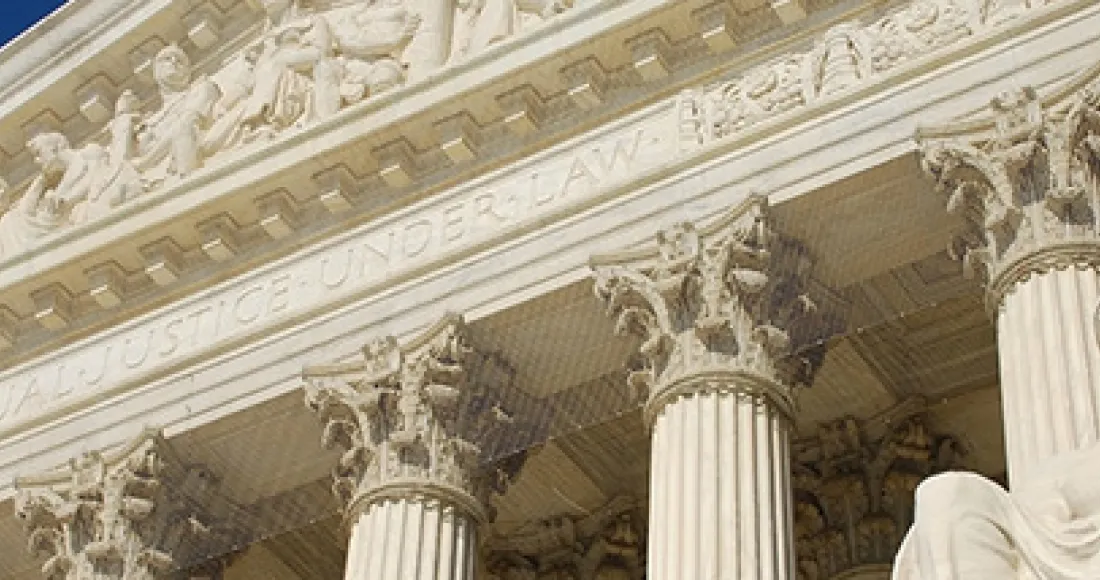
For the fourth consecutive year, the Department of Justice (DOJ) recovered more than $3.5 billion in False Claims Act (FCA) settlements and judgements. Most of the money was recovered through the FCA’s qui tam, or whistleblower, provisions.
The FCA, which prohibits the submission of false or fraudulent claims to the U.S. government, is the primary institution in charge of redressing fraud against government programs. From January 2009 to the fiscal year ending September 30, 2015 FCA recoveries totaled $26.4 billion. The largest percentage of FCA recoveries relate to healthcare fraud, housing and mortgage fraud, government contracts, and federal procurement.
“The False Claims Act has again proven to be the government’s most effective civil tool to ferret out fraud and return billions to taxpayer-funded programs,” said Principal Deputy Assistant Attorney General Benjamin C. Mizer in a press release. “The recoveries announced today help preserve the integrity of vital government programs that provide health care to the elderly and low income families, ensure our national security and defense, and enable countless Americans to purchase homes.”
Healthcare fraud was the single largest source of FY 2015 FCA recoveries ($1.9 billion). This type of fraud typically targets the federally funded healthcare programs Medicare, Medicaid, and TRICARE. In 2015, DaVita Healthcare Partners, Inc. paid $800 million to settle claims related to waste, unnecessary billing, and paying physician kickbacks. Other significant healthcare settlements and judgments involved hospitals ($330 million), pharmaceutical companies ($96 million), and nursing homes and rehabilitation facilities ($38 million).
Housing and mortgage fraud totaled $365 million this past year, including a $212.5 million settlement with First Tennessee Bank and a $29.63 million settlement with Walter Investment Management Corp. First Tennessee admitted to Federal Housing Authority (FHA) mortgage insurance infractions, while Walter Investment allegedly failed to comply with Department of Housing and Urban Development (HUD) mortgage loan requirements.
Government contract and federal procurement fraud settlements and judgments brought in $1.1 billion, with major cases against Supreme Group B.V., (for making alleged false claims to the Department of Defense) and Lockheed Martin (improperly billing the Army Communication and Electronics Command for underqualified employees). Other major 2015 fraud cases involved the Department of Agriculture, the Department of Education, and the Troubled Asset Relief Program. The
False Claims Act was signed into law by President Lincoln during the Civil War to crack down on Union Army contractor fraud. The Act was amended in 1986 to increase incentives for whistleblowers, who under the FCA can file qui tam lawsuits on behalf of the government and, if they prevail, receive up to 30% of the recovery.
In the past year, 638 qui tam lawsuits were filed. More than $2.8 billion of the $3.5 billion the government recovered in 2015 FCA cases came from qui tam claims. Whistleblower awards in these cases totaled nearly $600 million.
“Many of the recoveries obtained under the False Claims Act result from courageous men and women who come forward to blow the whistle on fraud they are often uniquely positioned to expose,” said Principal Deputy Assistant Attorney General Mr. Mizer.

